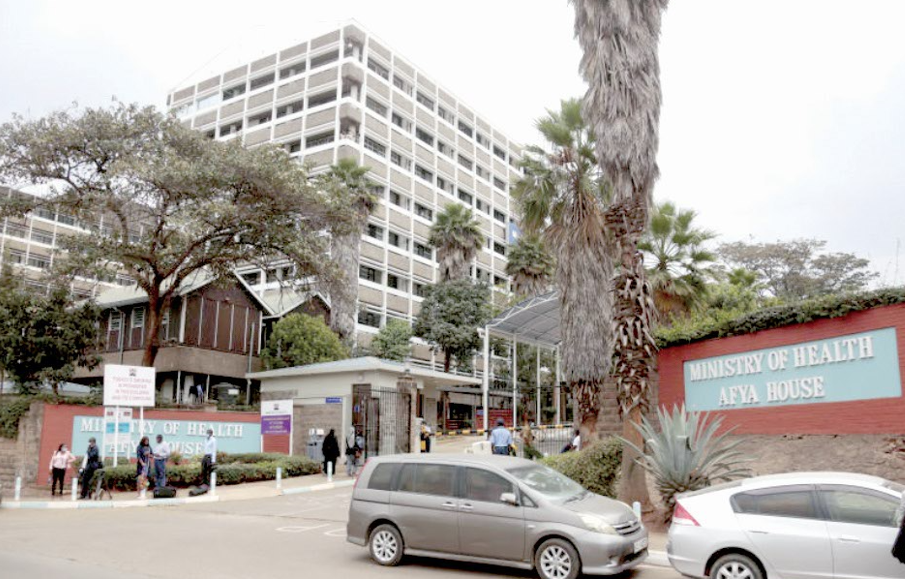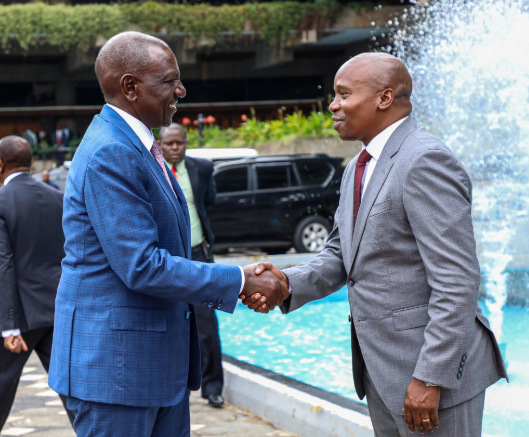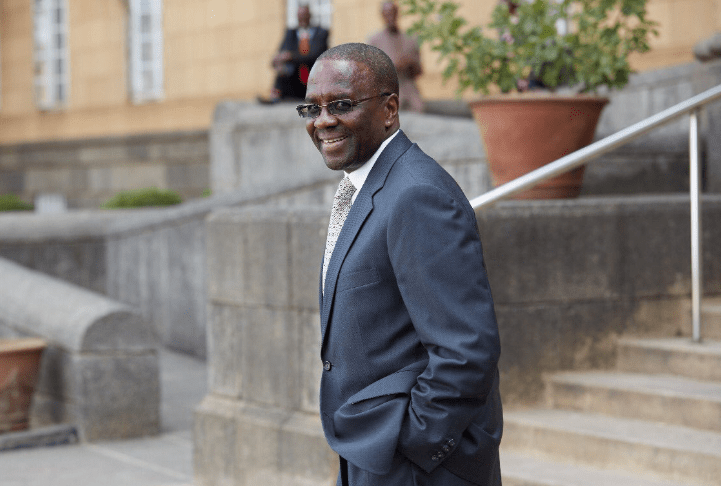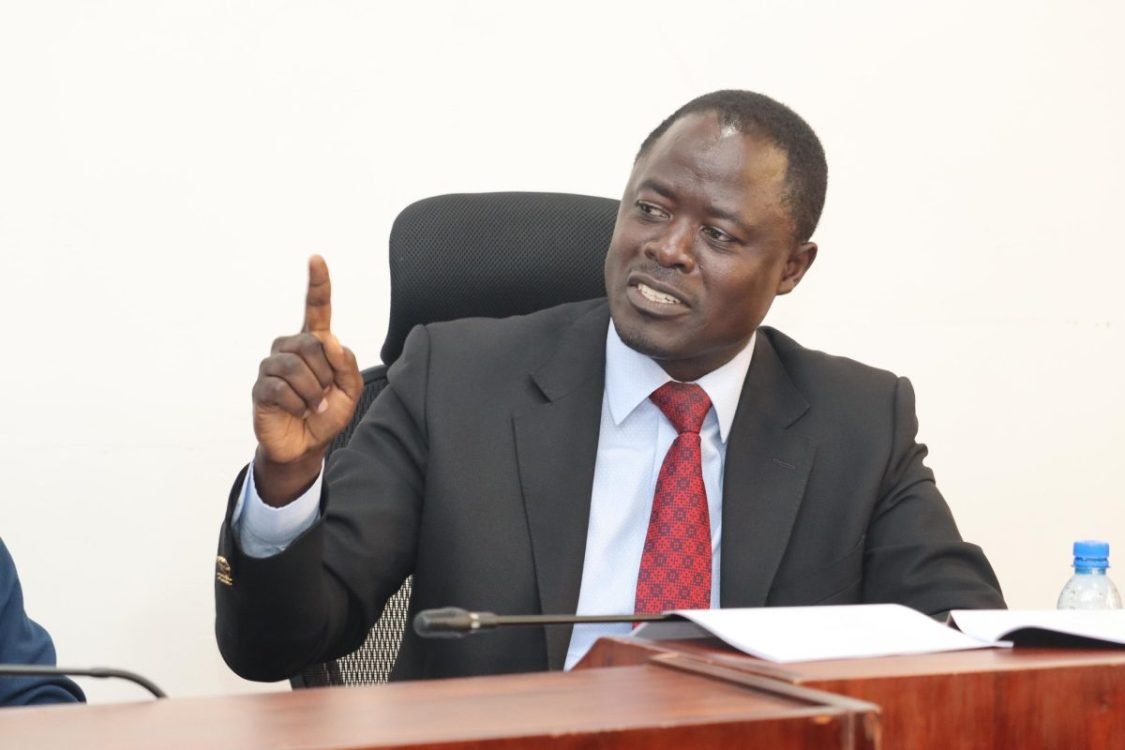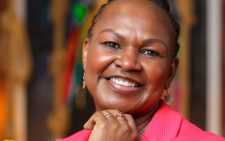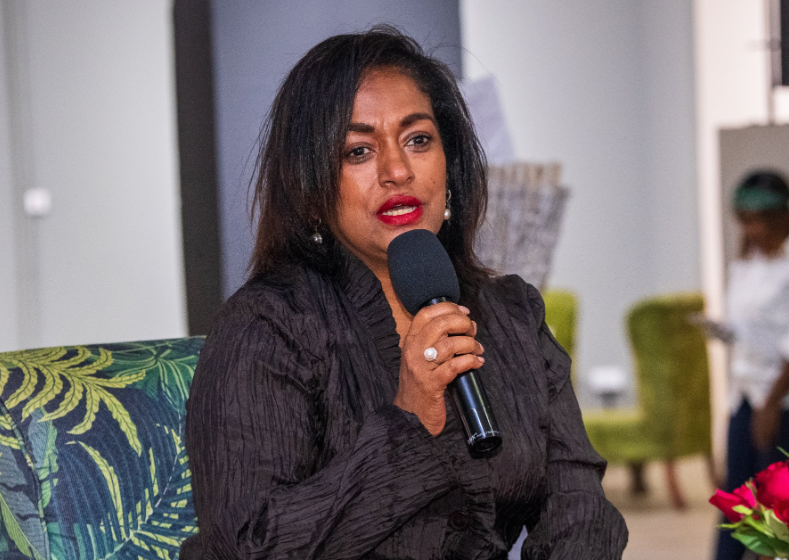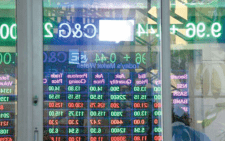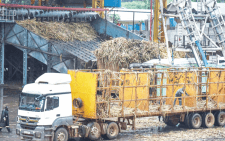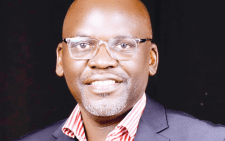Experts differ over speed of post-vaccine economic rally
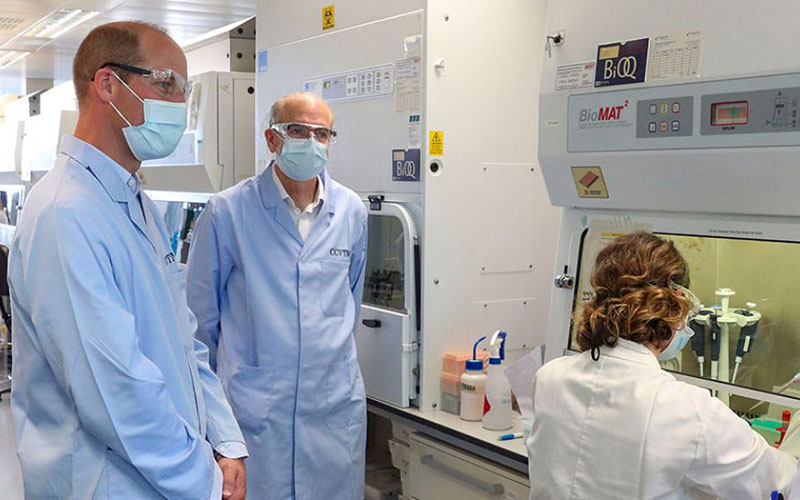
Economists are unable to agree on the speed at which the global economy will recover next year even as World Health Organisation (WHO) chief warned that poor countries may face serious delays in getting coronavirus vaccines.
The experts say the cost and ability of producers to make sufficient vaccines for the whole world may leave Kenya and other nations waiting for much longer.
The fact that developed countries are buying all the vaccines being produced leaves poor countries at a disadvantage.
“We are looking at a situation where European countries are forward buying these drugs which totally creates supply bottlenecks,” said Geoffrey Mwau, former Treasury economic advisor.
Others said that it may take until the end of 2021 to get the situation under control due to a number of issues such as logistical matters.
This means the business environment may remain weak for the whole of 2021 while developed nations are already rolling out calendars events of a post-vaccine economy such as reopening stadiums for games.
“Bearing in mind logistical challenges, the need for mass vaccination and the obvious stigma associated with the vaccine and whether it may have unknown side effects, the most bullish or optimistic scenario would be a vaccine being widely distributed at the end of 2021,” said Standard Bank chief economist Jibran Qureshi.
Kenya National Bureau of Statistics (KNBS) data shows that Kenya lost close to 1.7 million workers immediately after the country imposed a virus-induced lockdown that led to layoffs and pay cuts.
It also saw the public debt soar to Sh7.1 trillion, with more than Sh1 trillion generated in the last eight months, meaning that Kenya is ill prepared for more shocks.
Kenya is expected to grow at about 1.9 per cent this year according to IMF projections narrowly missing a recession but delays in vaccinations may dumpen the business confidence.
However, the move by the WHO and Bill and Melinda Gates to ensure vaccines reach developing nations may reduce the waiting period but the volumes and the costs involved may take a toll on producers and philanthropists.
Curb discrimination
“The fear is exaggerated, but the exaggeration is useful to help curb discrimination in distribution of the vaccines.
We expect a lot of philanthropists like Gates and Jack Ma to help in the distribution,” said Gerishon Ikiara, a senior lecturer of economics at the University of Nairobi.
As WHO Director-General Tedros Adhanom Ghebreyesus hailed the latest batch of results as light at the end of the “long dark tunnel”, he cautioned that the world had to ensure drugs were distributed fairly.
“Every government rightly wants to do everything it can to protect its people,” Tedros said.
“But there is now a real risk that the poorest and most vulnerable will be trampled in the stampede for vaccines.”
Ikiara said that on the logistics front, Kenya has a lot of organisation with experience in handling vaccines and will play a critical role in handling and logistics.
“With Kenya Airways flying straight to the United States we expect that they will give priority to the vaccines, Africa today is failry open,” said Ikiara.
Kenya also hopes to get priority in the distribution of vaccines at the Oxford University given that it was involved in the research.
Mwau argued that given that developed nations need to trade with poor countries, it will be in their own interest that everyone gets the vaccine.
“These people have to trade with us, but it will take time, right now in America they are debating on who should get vaccinated first? older people, doctors or people with underlying conditions,” said Mwau.
Analysts expect that Parliament will treat the issue as a first priority and private sector players such as blue chip firms may contribute in purchasing of the vaccines.
